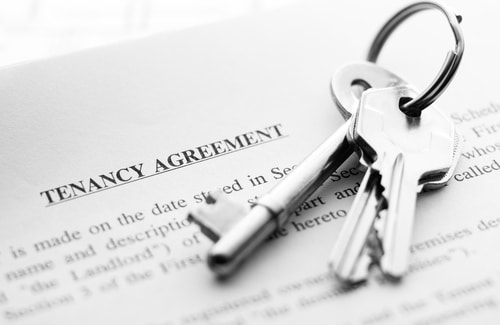Landlord Building Insurance
Compare landlord buildings insurance quotes
- Complete one short form
- Quickly compare quotes
- Find a great deal today

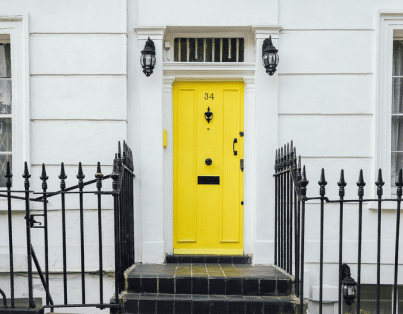
Lowering the cost of rental property insurance
If you are renting your property to tenants, then you will want to cover it from any potential damages. From accidental fires to flooding, building insurance can offer you the protection and insurance that you need. But what exactly is buildings insurance and what is included in most policies?
Check out below to discover everything you need to know about landlord building insurance and why we recommend getting in touch for a quote today!
What is landlord buildings insurance?
Landlord building insurance is a policy that covers potential damages to your buildings, whereas tenant default insurance will cover issues such as loss of rent for any rental property you own. As you can’t always rely on tenants to protect your property and pay rent on time, you may require additional protection for this.
There is a wide range of factors that landlords insurance can include, but this may vary from policy to policy. This means finding the right one for you may take some time at first, but it is more than worth the effort required.

Who needs landlord building insurance?
There is no legal obligation within the United Kingdom for landlords to buy landlord insurance for the properties they let. However, there are types of people who will get the most out of the liability cover that almost all building insurance provides.
Firstly, if you are using a buy-to-let mortgage to finance the property you are renting to tenants, then you may require Buy-to-Let insurance. This of course depends entirely on the terms of your mortgage and whether or not the bank requires you to do so.
You may also want to consider buying landlord insurance if you are wanting the highest levels of risk management. Just keep in mind that you will usually have to pay extra for covering any contents you provide to your tenants.
But if you do provide furniture, then you will want need landlord insurance that also provides contents insurance so you can protect your fixtures and fittings from damage.
What does landlord insurance cover?
Landlord cover is recommended for almost all landlords, but what exactly does it include? Below you will find a breakdown of what most landlord insurances will cover for you.
Keep in mind that each insurance policy will focus on different facets, so be sure to compare landlord insurance to find the right one for your property.
Property
The main reason landlords will purchase building insurance is to cover structural damage to any property that they rent. Most of the things landlords will need are covered by buildings insurance so your property will be the first thing that is covered.
Property owners, regardless of whether they are rented or not, should check out insurance policies that cover their property. Repairing a property and any structural damage can quickly build up high costs, but with the right insurance, you should be completely covered.
Loss of rent
Rent not being paid is covered by tenant default insurance (also known as rent guarentee insurance), as opposed to building insurance, so it’s important you choose the right one for your property. Typically, however, you can combine the two of them, covering both rent payments, and any damage to the property itself.
Losing out on rent payments is a worry that all landlords have at some points, especially with new tenants. Ideally, you should try to find a plan that protects you from a lack of payment on rental income, so you can rest a little easier.
Content Damage
Almost all property damage will be covered by a landlord home emergency cover, but one aspect that may be left out is damage to the property’s contents. Building insurance covers damage to the building itself, but you may be able to pay extra to cover any furniture you provide your tenants.
Landlord contents insurance is usually added on to building insurance policies, but you will have to discuss this with your claims team. Always check that your liability insurance includes content damage if you are wanting to protect yourself from high expenses.
Employers and property owners’ liability
If you are an employer, then you will need to invest in Public Liability Insurance. Accidents can happen regularly at work, especially on building sites and other high-energy workplaces, which is why public liability insurance is a must.
If you are a property owner, you will always want to check out property owners’ liability insurance. This is extremely similar to public liability insurance and will cover you for any potential damage caused by someone on your property.
Both public and workplace liability will protect you from extremely high legal expenses, so be sure to protect your business with the right policies today!

Get a landlord insurance quote today
Now you are familiar with landlord insurance and all it can offer you, you may be wondering how you can cover your properties today. This is where we come in!
Get in touch today and we can help you find the right quotes you may need to protect yourself from high expenses. You may not need to pay full price for a policy if you only require certain aspects. At the end of the day, it’s always better to protect yourself and never run into an issue, than it is to be met with extreme repair costs!
There are a few different types of insurance that a landlord can attain to cover accidental damages, vandalism and fires. All landlords should have landlords insurance as this will cover most of their rental properties and loss of rent.
Landlords may also want to check out buildings insurance too, especially if they provide furniture to their tenants. It is usually down to the landlord, not the tenant to sign a buildings insurance policy to offer the highest level of cover.
Landlord insurance covers risks that are associated with the property that they rent to their tenants. It will cover a lot of the same things as typical home insurance, but it won’t cover any of the properties contents.
Most landlord insurances will offer an extra option that will cover the landlords’ contents, but the tenants will have to purchase their own contents insurance. This is most commonly done when they purchase their own contents insurance.
The price will change depending on what is included in the package. Unlike typical home insurance, building insurance will usually have separate options to make sure that landlords find the right one for their property.
As expected, the more your insurance coves, the higher its cost will be. If you need buildings insurance, but you don’t want all that it offers, consider paying for a cheaper policy that covers the most important aspects. We can help you get the best quote so be sure to get in touch.
Within the UK there is no legal requirement to cover any properties you let with landlords insurance. However, it is highly recommended that any rental property you own is covered by landlord insurance to cover yourself.
A majority of buy-to-rent mortgages will have the requirement that you cover your new rental property with landlord insurance. It is also a great way to show potential tenants that you are a landlord that is responsible, which can build interest in any of your properties.
 HMO Insurance
HMO Insurance
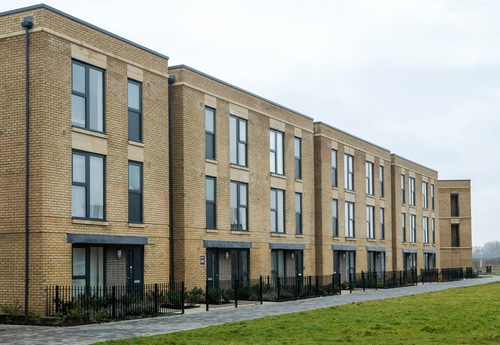 Block of Flats Insurance
Block of Flats Insurance
 Buy-to-Let Insurance
Buy-to-Let Insurance
 Landlord Buildings Insurance
Landlord Buildings Insurance
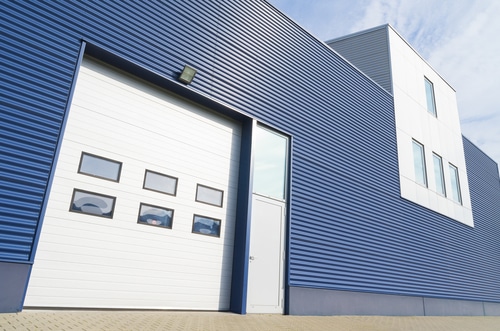 Commercial Property Insurance
Commercial Property Insurance
 Multi-Property Landlord Insurance
Multi-Property Landlord Insurance
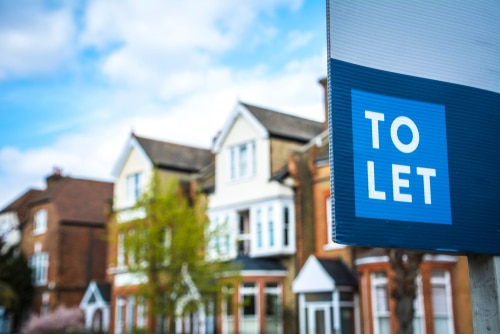 Simple Landlords Insurance
Simple Landlords Insurance
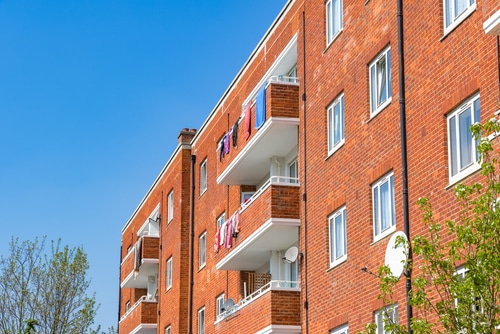 DSS Landlord Insurance
DSS Landlord Insurance
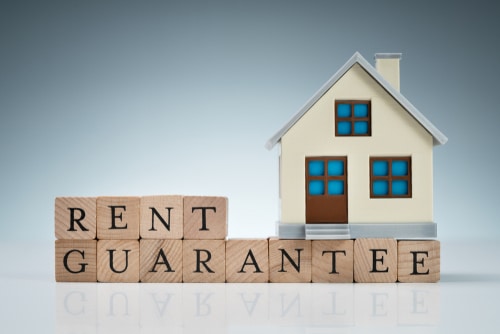 Rent Guarantee Insurance
Rent Guarantee Insurance
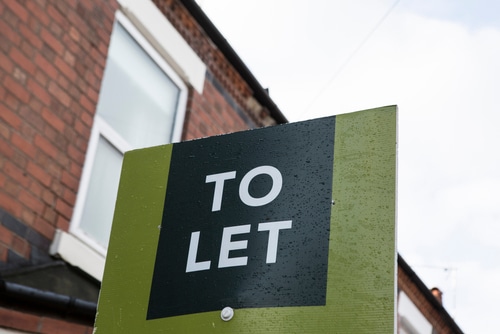 Portfolio Landlord Insurance
Portfolio Landlord Insurance
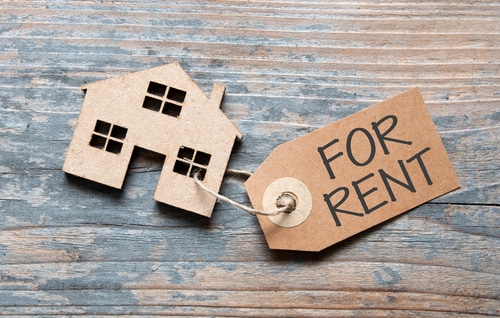 Airbnb Landlord Insurance
Airbnb Landlord Insurance
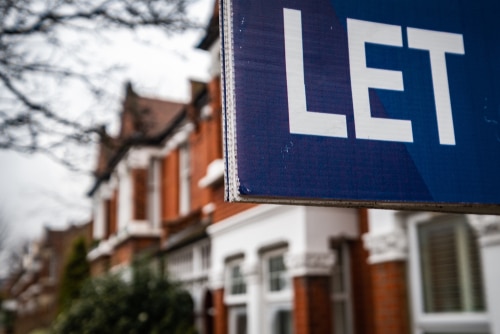 Let Property Insurance
Let Property Insurance

